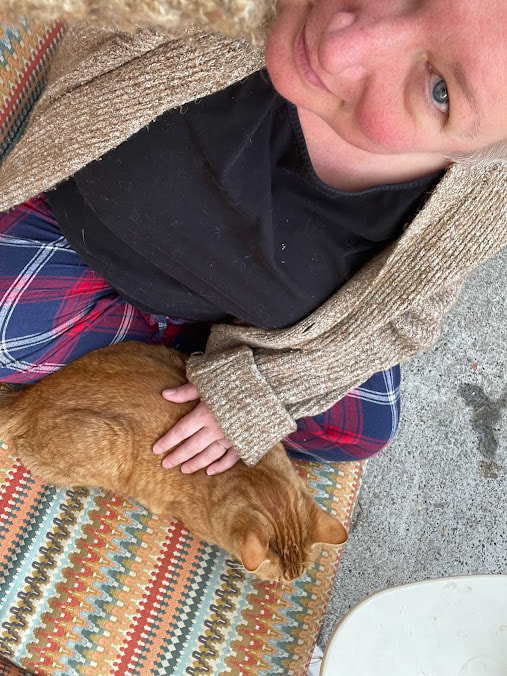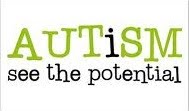|
I’ve been learning and inconsistently practicing new habits to improve my health in the last couple of years. My naturopath, desperate to get through to me, once asked me if I wanted to “be here.” As in, did I want to be alive. I took the question home, thought and journaled about it for a week or so, and decided that yes, I want to be alive. I wanted to be alive for my son, especially. Now, I add to that my partner and future husband. My friends. My garden. Do you see the pattern there? It’s a small and personal world that I live in and live for. I wonder, is that really enough to make my life worth living? See, I was raised an Evangelical Christian in the United States in the latter part of the 20th Century. And while individualism, trickle-down economics, and oat bran bear no resemblance to the Gospel, somehow religion was tangled up with the contemporary culture. In the midst of the dissonance, the religion identified itself through symbols of personal piety like, proscribing sex outside of heterosexual marriage, campaigning against abortion and anyone associated with them, and conflating the AIDS crisis with the so-called "abomination" of homosexuality. But the text of the gospels, whether taken as a summarized whole or proof-texting parts, doesn’t provide a lot of instruction on personal matters. Rather, it dwells on issues that affect the collective and show up publicly. Issues like poverty and greed, genuine hospitality for society’s outsiders, and otherwise living one’s life in contrast to the dominant culture’s power structures and definitions of worth. As a child, I accepted the faith and its religion in earnest. But disconnects between the words we said as a congregation and the way we lived in our homes and daily lives, occasionally broke through and concerned me. Those concerns developed into a heavy tension as I matured. If the spiritually faithful were in action unfaithful, what was the point of the faith? If the congregation lives according to the prevailing culture rather than its proclaimed savior, which demonstration of their faith is true? Ultimately, I judged culture the winner in this competition. It was a relief. I cut loose from the tension. I freed myself of the obligation to follow Jesus’ example. I chose values like personal security, private property, physical health, and my immediate relationships. But Jesus’s life, and that original tension, hovers around me. Jesus didn’t preach about raising children, saving for the future, or delaying death through proper nutrition and daily exercise. Those things are cultural and they still matter to me. So I don’t measure up to his example. I’m making no effort to measure up and simply won’t. Is there a way to live within the tension of the dominant culture and the example of Jesus? Something more than financial donations and social media posts denouncing the powers that be. I really don't know. In the meantime, maybe I can register some faint shimmy on the Richter scale of practice. That, to me, is the path to a life worth living.
2 Comments
Joyce LaFond
5/7/2019 03:20:21 am
To follow Jesus' example you only have to do one thing. Love. Love God, love yourself, love your family, love others without discrimination. What many of us miss as followers of Christ is that those that are "spiritually faithful" are still human with their own opinions and sins. Following Jesus shouldn't feel like an obligation or tension. It shouldn't be judging others either which is what most people do and use religion as an excuse. As long as you love and care for others you are on the right path. Let the tension go. I hope this helps some. You are such a wonderful person and deserve every happiness.
Reply
Jenni
5/7/2019 08:55:00 am
Thank you for your comment, Joyce,
Reply
Leave a Reply. |
About Jenni God is the madwoman in the attic.
I'm camped out on the threshold with my journal, camera, & plenty of snacks. God is the madwoman in the attic.
I'm camped out on the threshold with my journal, camera, & plenty of snacks.
Categories
All
Out of the Attic
This blog started in 2006
on Blogger as Out of the Attic. I began posting here in April 2014. Please visit the original site for the rest of the story on topics like: |
 RSS Feed
RSS Feed




